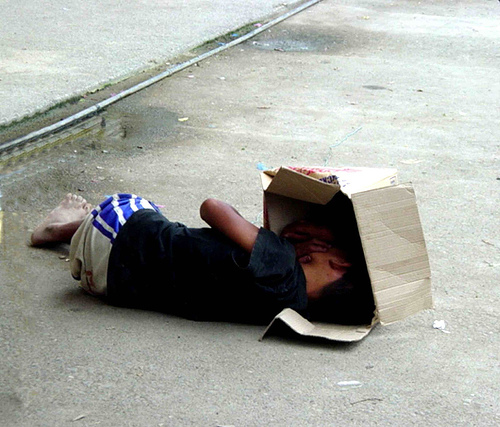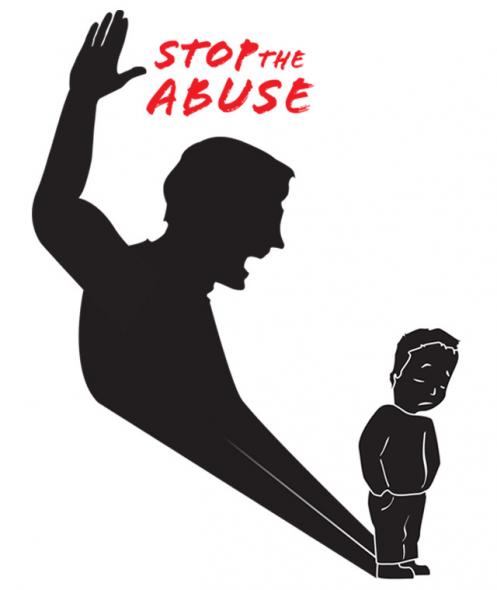What Is Child Abuse?
According the Federal Child Abuse Prevention and Treatment Department, child abuse is defined as “any recent act or failure to act on the part of a parent or caretaker which results in death, serious physical or emotional harm, sexual abuse, or exploitation.” Yet, a report of child abuse is made every ten seconds and almost five children die every day as a result of child abuse, in the United States alone. Horrifically, three out of the five deaths are from children under the young age of four. Child abuse is a serious matter that has been constantly affecting society’s youth. Child abuse has been a prominent issue for centuries, and it has only been recently that people have understood it to be unacceptable. While there are many agencies, such as Children’s Rights, fighting against the issue, abuse is still a very common and dangerous issue for children nowadays.
While abuse comes in many forms, the four major types include physical, sexual, emotional/psychological abuse, and neglect. Physical abuse are injuries caused from actions such as beating, punching, pushing, hair pulling or kicking which are intended to cause damage to a child. Sexual abuse of a child is any type of sexual contact between an adult and a child such as rape, oral sex, exposing a child to adult sexuality, or violations of bodily privacy. Forms of verbal, mental and psychological maltreatment can often be defined as emotional/psychological abuse to a child. Neglect, the most common type of abuse found in a child, is fifty nine percent of the cases. When a parent or guardian fails to provide a child with food, clothing, enrollment to school, emotional support, love, or any other necessities for a child’s development, a child is suffering from neglect.


If a child hasn’t died due to child abuse, their odds of being in dangerous and tougher situations are much higher in their future. Fourteen percent of all men in prison in the USA were abused as a child. Thirty-six percent of all women in prison were abused as a child. Child abuse has neurological consequences that push people to commit to dangerous crimes later in life. Abused children are twenty five percent more likely to experience teen pregnancy. Abused teens are three times less likely to practice safe sex, putting them at greater risks for STDs. Child abuse has a clear effect on a child, not from the immediate pain, but will stay with a child for the rest of their life, changing the way they live. By striving to reform underperforming welfare systems, throw campaigns, and advocating child-abuse awareness, the Children’s Rights Organization has create great impact on child abuse, in all forms, in order to ensure a safe childhood and a bright future.
